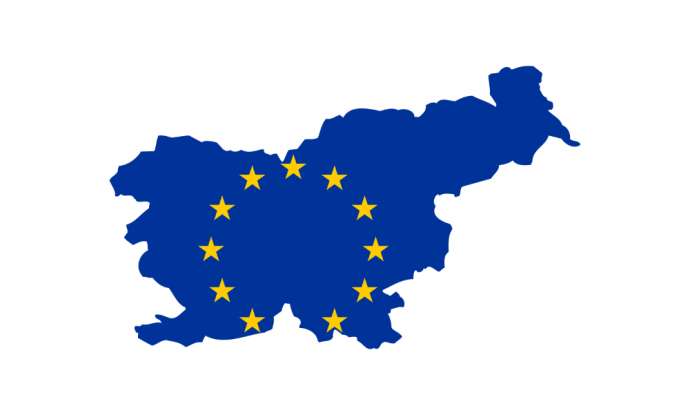STA, 23 April 2019 - With turnout at European Parliament elections exceptionally low - under 25% in 2014 - the path to success hinges on mobilising core constituents in the weeks leading up to polling day. This will also crucially inform the substance of the debate, according to political analysts.
Mobilisation of decided voters will be key, says Alem Maksuti of the Institute of Political Management, a private think-tank. This gives established parties an advantage.
Addressing the hard core of constituents will be instrumental, and this is most easily achieved with field work, which plays to the advantage of established parties, according to Rok Čakš, a columnist for the conservative portal Domovina.je.
This is also why the campaign is unlikely to feature substantive debates on the future of the EU.
Related: How to Vote in the 2019 EU Elections in Slovenia
"I'd be glad if debate about pressing issues concerning the shared future in the EU is more substantive and less populist this time, but knowing the Slovenian political and media reality, this is overly optimistic," Čakš told the STA.
Maksuti likewise believes there will be no room in the campaign for the future of the bloc. Instead, the focus will be on the parties and their candidates.
"Politics is on the back burner here. Since the parties are relatively similar and pursue a practically identical policy, I don't expect substantive differences," he said.
But despite the focus on personalities, many parties old and new have fielded weak candidates overall, according to Maksuti.
He thinks that party affiliation will be the key factor determining success, with individual names less important, with the exception of MEPs, who are "already stored in people's brains".
Čakš thinks that some parties, in particular the Democrats (SDS), Social Democrats (SD) and New Slovenia (NSi) have put together strong slates and are offering "people who understand what the EU is about".
Newer parties, meanwhile, are concealing their lack of substance with "polished images, apt public appearances and the repetition of general, principles populist sentences".
As regards the campaigning techniques, Čakš believes that TV debates will remain the biggest media events, while social networks will be "cheap support for all other activities."
Maksuti, meanwhile, thinks tools such as debates are less relevant, even as they are often ascribed significant importance.
Turning to the likely outcome, Čaks said fragmentation on the left could cost the left-liberal bloc an MEP seat at the expense of the opposition Left or the centre-right.
Maksuti believes the distribution of votes will be very similar than four years ago, in particular for established parties.
In 2014 conservative parties that are members of the European People's Party (EPP) got five of the eight MEPs allocated to Slovenia, with liberal and left parties getting three.
All our stories on the EU elections are here







